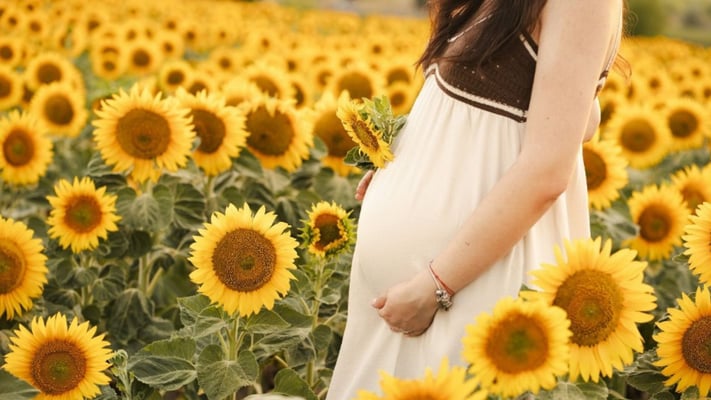Why Pregnancy News Waits Three Months

There is a curious consensus, almost a tacit etiquette, regarding the disclosure of pregnancy that transcends cultures and continents: the news is often kept a secret until the elusive three-month mark has been safely crossed. Despite being cloaked in tradition and frequently justified by superstition, this custom has its roots in psychological and medical wisdom.
Clinically speaking, the first trimester, which includes the first 12 weeks of pregnancy, is statistically the most vulnerable time of pregnancy. Approximately 10–20% of known pregnancies end in miscarriage, with the vast majority happening before the 13th week, according to global health data.
Chromosome abnormalities, hormonal imbalances, or implantation complications are just a few of the numerous causes. Early disclosure in such delicate situations frequently puts the parents and their network of well-wishers at risk for future heartbreak.
A premature social contract of congratulations, counsel, and expectation is invited when a pregnancy is announced too soon. If tragedy strikes, the grief is exacerbated by the psychological toll of constant explanations.
Silence thus turns into a haven rather than a stigma, a safe haven where expectant parents can initially navigate the ups and downs of early pregnancy in private.
It's interesting to note that this unspoken "rule of three months" is not unique to any one culture. Pregnant women in Japan typically wait until the 安定期 (anteiki, or "stabilization period"), which occurs around week 12. Etiquette columns frequently recommend restraint until the end of the first trimester in Western countries.
Nonetheless, nuance is becoming more and more important in medical voices. Some couples decide to share their news earlier, reclaiming the narrative of vulnerability and success, as a result of increasing maternal age, assisted reproductive technologies, and increased transparency regarding fertility challenges.
Ultimately, the three-month convention is more of a finely balanced dance between science and emotion, biology and culture, than it is a mandate. It exemplifies the innate human desire to protect emerging life from unwarranted criticism, giving it and its protectors the respect of time before the world is called to celebrate.
There is a curious consensus, almost a tacit etiquette, regarding the disclosure of pregnancy that transcends cultures and continents: the news is often kept a secret until the elusive three-month mark has been safely crossed. Despite being cloaked in tradition and frequently justified by...
There is a curious consensus, almost a tacit etiquette, regarding the disclosure of pregnancy that transcends cultures and continents: the news is often kept a secret until the elusive three-month mark has been safely crossed. Despite being cloaked in tradition and frequently justified by superstition, this custom has its roots in psychological and medical wisdom.
Clinically speaking, the first trimester, which includes the first 12 weeks of pregnancy, is statistically the most vulnerable time of pregnancy. Approximately 10–20% of known pregnancies end in miscarriage, with the vast majority happening before the 13th week, according to global health data.
Chromosome abnormalities, hormonal imbalances, or implantation complications are just a few of the numerous causes. Early disclosure in such delicate situations frequently puts the parents and their network of well-wishers at risk for future heartbreak.
A premature social contract of congratulations, counsel, and expectation is invited when a pregnancy is announced too soon. If tragedy strikes, the grief is exacerbated by the psychological toll of constant explanations.
Silence thus turns into a haven rather than a stigma, a safe haven where expectant parents can initially navigate the ups and downs of early pregnancy in private.
It's interesting to note that this unspoken "rule of three months" is not unique to any one culture. Pregnant women in Japan typically wait until the 安定期 (anteiki, or "stabilization period"), which occurs around week 12. Etiquette columns frequently recommend restraint until the end of the first trimester in Western countries.
Nonetheless, nuance is becoming more and more important in medical voices. Some couples decide to share their news earlier, reclaiming the narrative of vulnerability and success, as a result of increasing maternal age, assisted reproductive technologies, and increased transparency regarding fertility challenges.
Ultimately, the three-month convention is more of a finely balanced dance between science and emotion, biology and culture, than it is a mandate. It exemplifies the innate human desire to protect emerging life from unwarranted criticism, giving it and its protectors the respect of time before the world is called to celebrate.











Leave a Comment